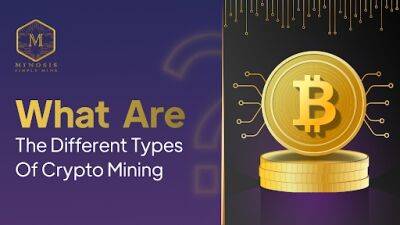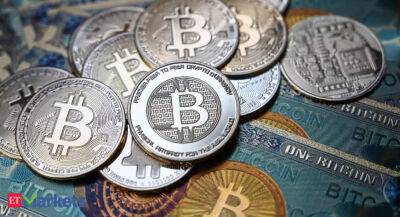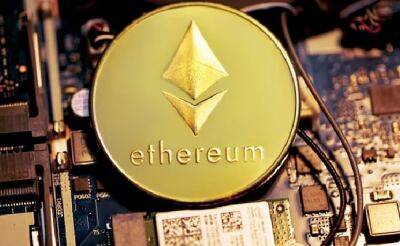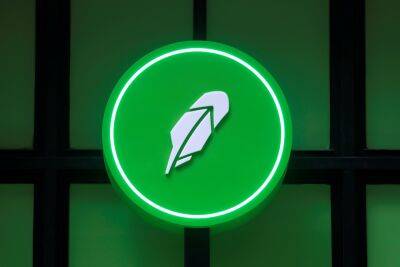NFT, DeFi and crypto hacks abound — Here’s how to double up on wallet security
The explosiveness and high dollar value of nonfungible tokens (NFTs) seem to either distract investors from upping their operational security to avoid exploits, or hackers are simply following the money and using very complex strategies to exploit collectors’ wallets.
At least, this was the case for me way back when after I fell for a classic message sent to me over Discord that caused me to slowly but all too quickly lose my most valuable assets.
Most of the scams on Discord occur in a very similar fashion where a hacker takes a roster of members on the server and then sends direct messages to them in hopes they will bite at the bait.
BEWARE: Several scams happening on Discord tonight. QUESTION EVERYTHING. Before clicking on links, quadruple check who it’s from and if it’s legitimate. Then check 12 more times on Twitter via trusted sources.
“It happens to the best of us,” are not the words you want to hear in relation to a hack. Here are the top three things I learned from my experience on how to double-up on security, starting with minimizing the use of a hot wallet and simply ignoring DM’d links
After my hack, I was immediately reminded and I cannot reiterate it enough, never share your seed phrase. No one should be asking for it. I also learned that I could no longer forego security at the privilege of convenience.
Yes, hot wallets are much more seamless and quicker to trade with, but they do not have the added security of a pin and a passphrase like they do on a hardware, or cold, wallet.
Hot wallets like MetaMask and Coinbase are plugged into the internet, which makes them more vulnerable and susceptible to hacks.
Contrary to hot wallets, cold wallets are applications or devices whereby the user’s private keys are
Read more on cointelegraph.com























